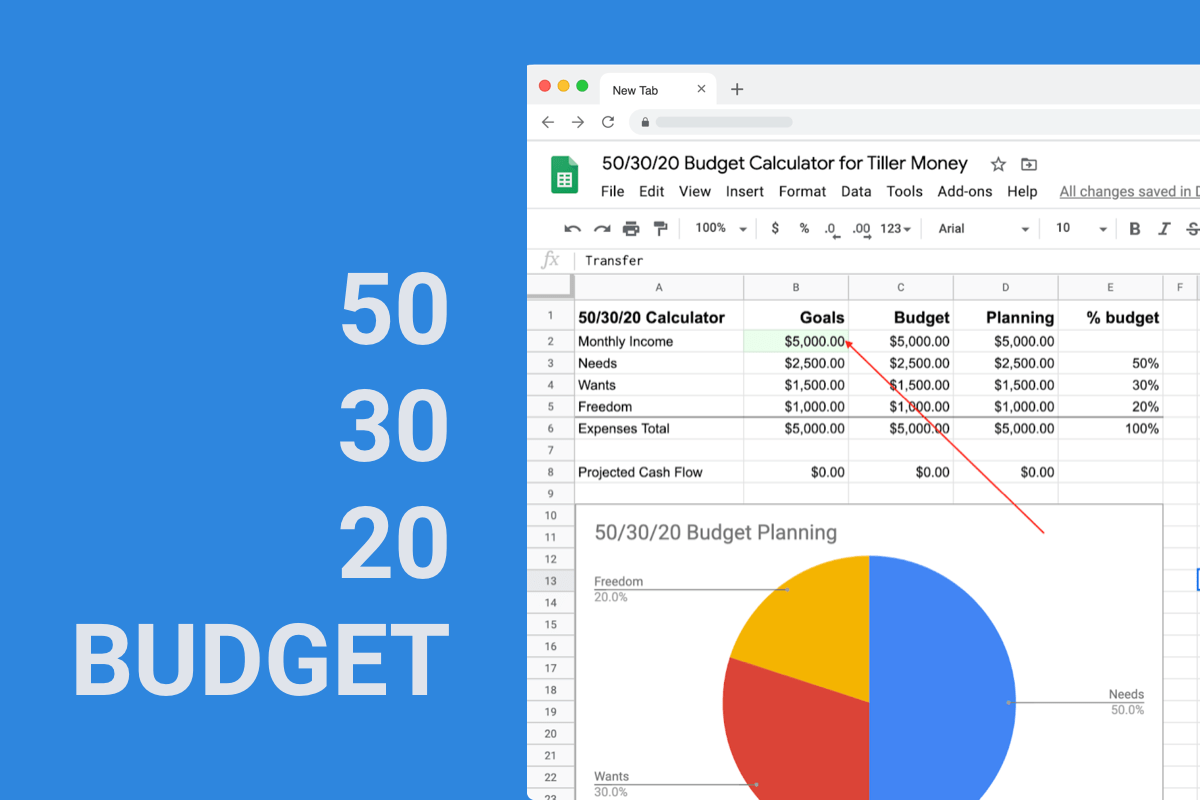Protect Your Budget by Planning for These Common Spending Curveballs

Just when you start feeling good about your money, life has a way of throwing a curveball.
An expense you haven’t built into your budget. An emergency you don’t have the financial bandwidth to handle. An insurance company that tries to rake you over the coals.
It’s not fair, but unfortunately, it is reality. We can simultaneously dislike reality and work within it to make our money situations more stable.
Let’s look at some common examples of
Your car breaks down

Vehicle costs are the worst. You pay car insurance every month. You might make payments on a note on a monthly basis, too. Then there are general maintenance costs like oil changes and fluid top offs.
Then, every once in a while, the thing breaks down completely. You’ve got to fix a leak in a fuel line, buy a new tire and figure out if you really need two so the treads are even or if the guy at the auto shop is just trying to upsell you, or learn what the heck a catalytic converter even is.
All this for a vehicle that likely isn’t a luxury, but serves as your transport to work or a way to get your kids around your community.
How to prepare:
Cars are expensive, and they’re going to need maintenance. Sometimes that maintenance is going to be large and expensive. There are two ways you can build these expenses into your budget. One is by beefing up your emergency fund appropriately.
Personally, I’d feel comfortable with about $2,000 set aside for unexpected vehicle repairs, but this number will vary based on your vehicle.
Another way to handle these “unpredictable” maintenance costs is to build a slush fund. This is money that you might keep in a linked savings account at all times, as a type of prediction that your budget is going to get messed up at some point.
When you need the money, you can draw on it without dipping into your emergency fund. Usually, slush funds don’t cover one specific line item, but rather serve to cover whatever messes up your budget in any given month, whether it’s your own bad spending habits or the car breaking down.
Your health insurer doesn’t payout on a big bill

Medical debt is one of the top contributors to American bankruptcies, and can even be pointed to as a primary culprit behind a lot of American credit card debt.
Aside from the costs of healthcare, another huge contributor to this is the insurance companies. The number of errors – whether genuine mistakes or no – on medical bills and Explanation of Benefit (EOB) forms is astronomical.
Fight them to save your budget.
One of the biggest things you can do to guard yourself against medical debt is to comb through each and every medical bill and EOB you receive. Make sure you understand what every line item. Every test. Every billable hour for your physician. Make sure these are legitimate charges, and then make sure you understand how they should be covered under your health insurance plan – not the way your insurer is telling you it will be covered on your EOB.
Unfortunately, a lot of times you’ll need to stand up to the insurance company. Learn your rights before you go to bat.
Your mom’s electricity is going to be turned off
Your budget might be okay, but what happens when you get that call from your sister asking you to please help her out with a basic bill? Or your dad’s finances are threatened by his own medical bills and he can’t handle the mess on his own?
When family needs help, it’s hard to look the other way. In 99% of situations, you shouldn’t. But all the love in the world doesn’t change the fact that these situations can manifest as unexpected costs, and that unexpected costs are hard to handle.
Set boundaries with family
Some people would tell you to cut your family off. That tough love is the only way they’ll change their behaviors.
In some situations, that may be appropriate. But for everyone else, setting boundaries around the way you help can save your budget and relationships.
Examples of boundaries may include only giving money you can afford to never see again so you don’t lose your mind if someone can’t pay you back.
You might set aside a small percentage of your income as a family emergency fund so you’re prepared, kind of like tithing, but for family instead of church. Learning to say, “No,” if you’re genuinely having trouble getting your own basic needs met is another boundary you need to feel comfortable enforcing.











